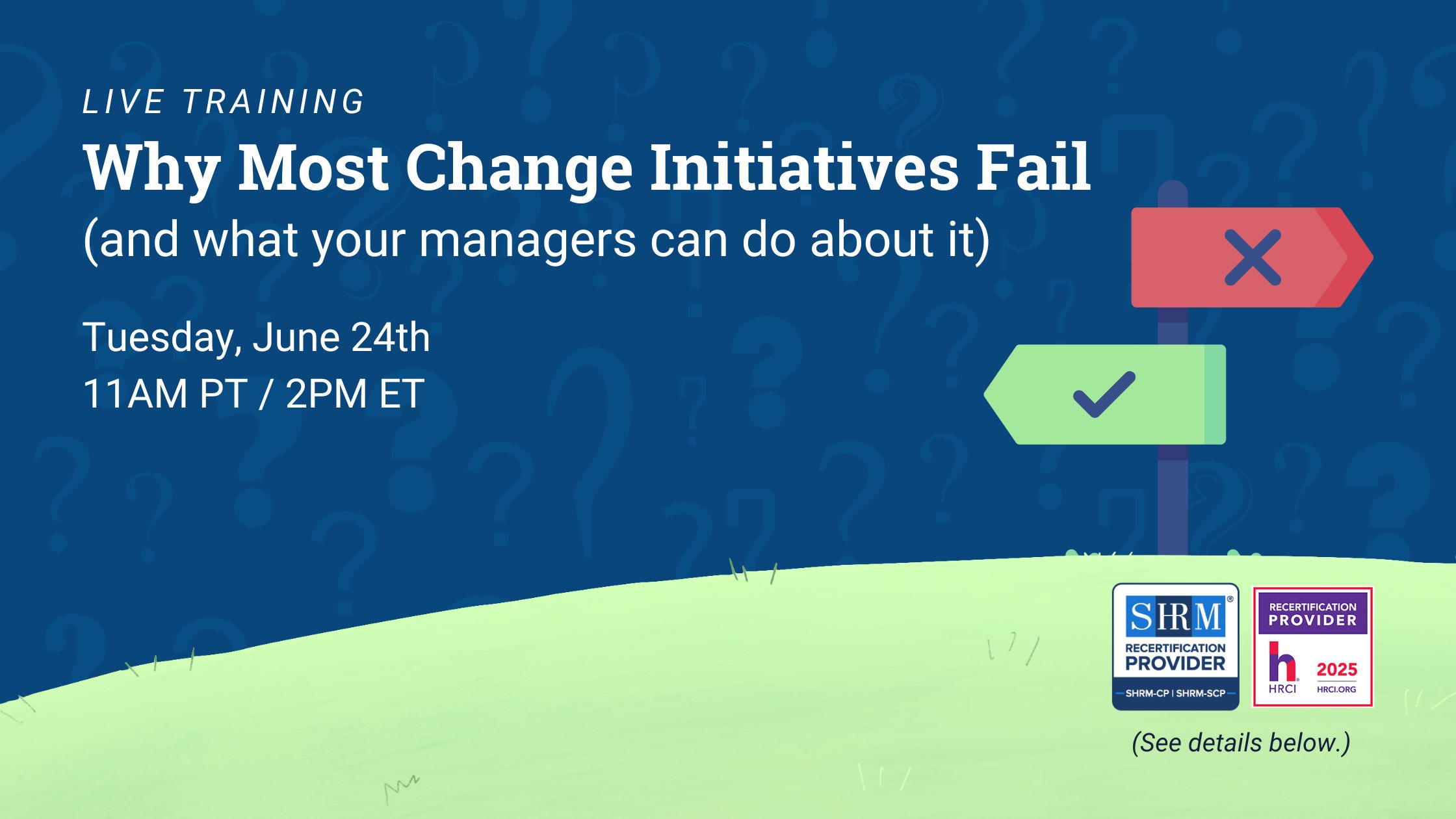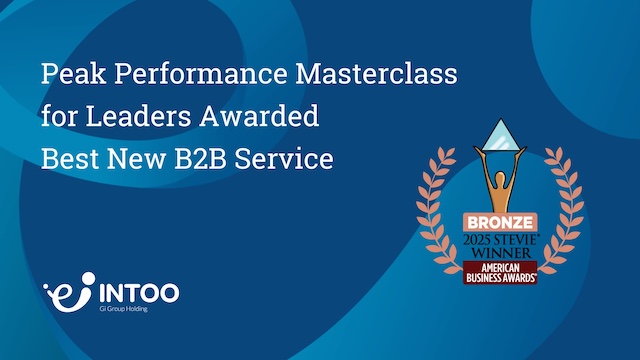The way your professionals feel about their jobs can affect their productivity and quality of work. Businesses may find themselves struggling to maintain high motivation among their employees and it can be challenging to determine how to boost employees’ morale. We’ve compiled a helpful list of seven ways to boost employee morale to help keep your professionals excited and engaged with their workplace.
1. Recognize employees’ achievements
Those who feel unappreciated by their employer will lack motivation and may grow to resent their role in the company. Acknowledging the accomplishments of your team will ensure that they know you appreciate their contributions to the workplace. You can involve the entire department when congratulating employees to build a positive company culture. While verbal recognition is helpful, offering your professionals rewards such as gift cards or corporate gifts in exchange for their achievements can give their morale an additional boost.
 2. Consider offering bonuses
2. Consider offering bonuses
Financial incentives are an effective way to boost morale for companies that can afford the extra costs. Bonuses may be used as a motivator to encourage your team to meet or surpass workplace goals, such as reaching the organization’s sales quota during its current fiscal quarter or completing important projects before a deadline.
Bonuses don’t have to cost your business thousands of dollars—even a small amount can go a long way toward increasing employees’ satisfaction. To keep costs down, you can also consider giving seasonal bonuses. These may help businesses maintain their team’s enthusiasm during busier times of the year.
3. Create a happy work environment
Finding ways to prevent negativity from generating in the workplace can help you maintain morale and make your professionals feel happier. Create a healthy work environment incorporating process, policy, and physical improvements. For example, promoting productive conflict-resolution methods can help foster effective work relationships. You can also invest in physical changes to the work environment to make it feel more inviting, like incorporating greenery in your decor and providing rooms for employees where they can recharge.
4. Offer career development opportunities
Team members who feel their work is fulfilling will have greater morale than those who feel discontent or unappeased in their role. Morale can also be low in employees who feel that they have no future with the organization, with few opportunities to grow and develop.
Providing career development opportunities to your professionals can give them a reason to stay with the company and add depth to their current roles. For example, leaders may give additional responsibilities to their team members or invite them to participate in cross-functional projects to expand their skills and help them develop as industry professionals.
5. Encourage team collaboration
Incorporating teamwork into the workplace can lead to higher morale by helping your employees feel supported by their colleagues. Those with roles in the company that are mostly independent can sometimes feel isolated from their peers and disinterested in the organization’s culture. Alternatively, when an organization is lacking a culture of collaboration, teams may feel siloed, which can make exchanging ideas with others more difficult. Managers may increase the communication and collaboration skills of their team members by pairing employees together to complete projects or give presentations for upcoming group meetings.
6. Offer team-building activities
The bonds an employee feels with their fellow team members can significantly influence their workplace morale. Developing these connections through unique experiences will build the camaraderie of your professionals and give them a fun way to alleviate their work-related stress. Employers may designate some time on a regular cadence—such as holidays or the first month of each quarter—for activities like trivia contests, group games, or birthday celebrations. You can also coordinate group events outside the office, such as playing sports and attending team lunches. Employees who feel included in the company’s culture will find more enjoyment in their position.
7. Ask for employee feedback
Involving your professionals in workplace decisions is another way to let them know they’re an appreciated member of the company. Employee surveys provide valuable insight into which aspects of the organization ought to be examined to improve the team’s morale. If an overwhelming number of team members complain about a certain topic, then it’s in the company’s best interest to address the issue. You should regularly conduct surveys with your employees to gauge their level of job satisfaction so that problems are identified early and can be addressed as quickly as possible before they have an impact on morale.
8. Implement flexible work arrangements
Implementing flexible work arrangements empowers your employees by granting them more autonomy over their work-life balance. Enabling remote work options or flexible schedules allows individuals to manage their professional duties alongside personal commitments effectively. By alleviating stress related to commuting and conflicting obligations, this flexibility enhances job satisfaction and fosters greater loyalty to the company. Employees appreciate the freedom to structure their workday according to their needs, resulting in a more motivated and engaged workforce. Ultimately, embracing flexible arrangements demonstrates a commitment to employee well-being, leading to higher morale and a more robust organizational culture.
9. Provide opportunities for social connection
Providing opportunities for social connection is crucial for fostering a positive workplace culture. By organizing various team-building events, social gatherings, and networking opportunities, employees can strengthen their relationships and feel a sense of belonging. Whether through virtual coffee breaks, game nights, or volunteer events, these activities encourage bonding beyond work responsibilities. Creating a supportive community within the workplace enhances morale and improves overall job satisfaction. Employees who feel more connected to their colleagues and the company are likely to be more productive and committed, leading to higher retention rates and a thriving work environment.
10. Foster a culture of transparency and open communication
Establishing a transparent and open culture is vital for fostering trust and boosting morale within your workplace. It involves keeping employees informed about company policies, decisions, and objectives through various channels such as regular meetings, newsletters, or intranet updates. Additionally, encouraging open dialogue enables your employees to freely voice their opinions, ask questions, and provide suggestions without fear of repercussions. When employees feel heard and valued, they are more likely to be actively engaged in their work and committed to the company’s success. This sense of transparency strengthens the overall organizational culture, leading to improved collaboration, innovation, and productivity among team members.
11. Recognize and celebrate work anniversaries
Take a moment to acknowledge the dedication of your team by celebrating work anniversaries. These milestones, whether one year, five years, or a decade of service, represent valuable contributions to the company. Personalized recognition goes a long way to showing employees that their hard work is valued. Send a handwritten thank-you note, present a certificate of appreciation, or offer a thoughtful gift. This public recognition strengthens employees’ connection to the organization. Celebrating anniversaries boosts employees’ morale, fosters a sense of loyalty and belonging, and encourages employees to stay with the company for the long haul.
FAQS:
How can employers boost morale in the workplace?
Employers can boost morale in the workplace by fostering a supportive and inclusive company culture that prioritizes employee well-being and engagement. It is essential to encourage open communication, recognize employees’ contributions, and provide growth and development opportunities. Organizing team-building activities, social events, and wellness initiatives can also enhance camaraderie and morale. Additionally, offering flexibility in work arrangements, such as remote work options or flexible scheduling, demonstrates trust and respect for employees’ needs. Providing regular feedback and addressing concerns promptly reflects a commitment to employee satisfaction and fosters a positive work environment where individuals feel valued and motivated to perform at their best.
What indicates a high morale of employees?
High morale among employees is evident through several indicators. One key sign is increased productivity and efficiency, as motivated employees are more likely to be focused and driven. Low absenteeism and turnover rates also indicate high morale, as satisfied employees are less likely to miss work or seek opportunities elsewhere. Strong teamwork and collaboration among colleagues demonstrate a positive and supportive work environment. Additionally, employees with high morale exhibit positive attitudes and enthusiasm toward their work and the organization. When employees feel comfortable sharing ideas and concerns there is often a high morale. Ultimately, high morale is reflected in employees’ overall job satisfaction and commitment to their roles and the organization.
How do you incentivize employees without money?
Incentivizing employees without monetary rewards involves offering non-financial incentives to recognize and appreciate their contributions. Examples of these types of incentives include offering opportunities for professional development and career advancement, such as access to training programs, workshops, or mentorship opportunities. Offering flexible work arrangements, such as remote work or flexible scheduling, can also be appealing incentives. Recognizing employees’ achievements through verbal praise, personalized thank-you notes, or public acknowledgment can boost morale and motivation. Additionally, providing extra time off, organizing team-building activities or social events, and offering perks like free snacks or wellness programs contribute to a positive work environment.
Building high morale for your professionals will contribute to better job performance by improving their connections with fellow team members and increasing their motivation through incentives and career growth opportunities. Any organization can use the 11 methods on this list to create effective morale-boosting strategies for its employees.
Looking for ways to boost morale by supporting your employees’ professional growth? INTOO offers a variety of career development programming, including workshops, trainings, and career coaching. Contact us today to learn more.


 2. Consider offering bonuses
2. Consider offering bonuses









